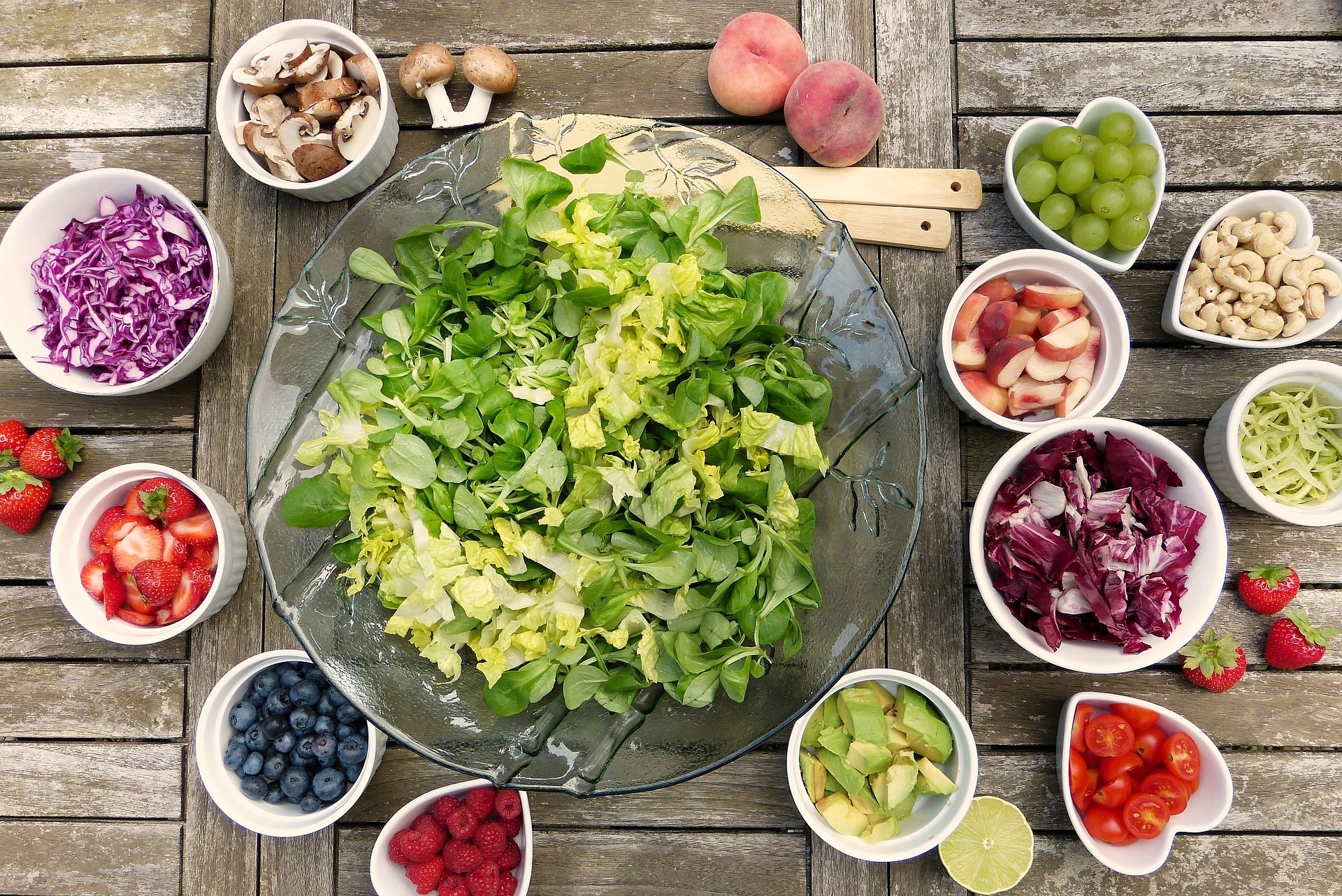Weight loss and exercise are commonly recommended approaches for treating sleep apnea, a potentially serious sleep disorder that manifests symptoms like loud snoring. However, a new study found that apart from calorie restriction and weight loss, an individual’s diet can also play a role in influencing the risk of sleep apnea.
According to the study published in the journal ERJ Open Research, people who eat a healthy plant-based diet rich in vegetables, fruits, whole grains, and nuts have a 19% less chance of having sleep apnea compared to those who eat an unhealthy diet.
“These results highlight the importance of the quality of our diet in managing the risk of OSA [obstructive sleep apnea],” said lead researcher Yohannes Melaku.
Sleep apnea leads to frequent interruptions in breathing during sleep, resulting in symptoms such as snoring, fatigue, daytime sleepiness, irritability, and occasionally, insomnia. More than 30 million U.S. adults have sleep apnea.
There are two types of sleep apnea: central sleep apnea(CSA), which arises from problems in how the brain regulates breathing during sleep, and obstructive sleep apnea (OSA), caused by conditions that obstruct the airflow through the upper airways during sleep.
Apart from lifestyle changes, health practitioners may recommend the use of continuous positive airway pressure (CPAP) for people with moderate to severe sleep apnea. CPAP is a machine that delivers air pressure through a mask while sleeping. Untreated sleep apnea can raise the risk of health conditions including type 2 diabetes, blood pressure, heart failure, stroke, and kidney disease.
“Risk factors for obstructive sleep apnea may stem from genetics or behavior, including diet. Previous research has primarily focused on the impact of calorie restriction, specific dietary elements, and weight loss. There’s a gap in our knowledge of how overall dietary patterns affect OSA risk. With this study, we wanted to address that gap and explore the association…
Read the full article here

Leave a Reply